- Overview
- Symptoms
- Causes & Risks
- Diagnosis
- Types
- Major Depressive Disorder
- Treatment
- Antidepressants
- Treatment-Resistant Depression (TRD)
- Living With
- Recovery & Relapse
- Complications
- Caregiving & Support
- Appointment Prep
- View Full Guide
11 Warning Signs of a Depression Relapse


When Depression Comes Back
Some people with major depression have symptoms only once in their life. Others have them again and again. Once you get treatment, it's important to pay attention to your feelings. That will help you catch possible signs of a relapse. Seek help quickly and you may be able to prevent a full-blown episode. Don't stop a treatment that works for you unless the doctor says it's OK.

More Than "Blue"
How can you tell depression from simple sadness? Are you down because of a specific event, like losing a job or a bad breakup? That could be normal, short-term sadness. But if you feel hopeless, teary, or "empty" every day for more than 2 weeks -- and it gets in the way of your daily life -- it may be clinical depression.
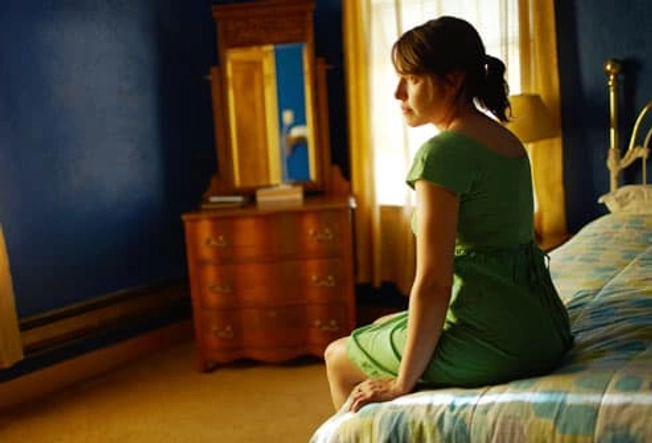
Isolation and Withdrawal
Do you avoid leaving the house? Does the shortest conversation feel like too much effort? Do you retreat to your room when family members try to draw you out? A strong social network is important. A loss of pleasure in activities can point to depression. Look for a support group. It can help to talk to other people who know what you're going through.
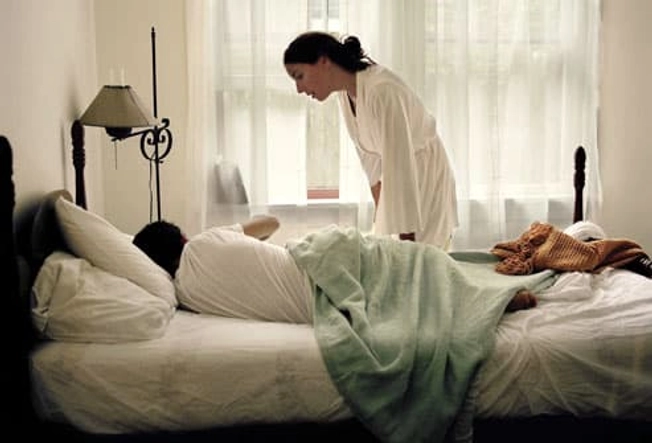
Sleep Changes
A shift in your habits like insomnia -- trouble falling or staying asleep -- could be a warning sign. A lack of shuteye can cause or worsen other symptoms linked to depression, like fatigue. Do you lie awake at night while your mind races? Or do you sleep too much because you don't want to get out of bed? Discuss it with your doctor. If your troubles are a symptom of depression relapse, medication and talk therapy may help.

Irritability
Do little things flip you out? Do you fuss and fight with friends and family? Did your laid-back manner give way to fits of fury? Depression can show itself in irritability and anger. It makes it tough to handle everyday stresses. Men are more likely than women to behave recklessly and, sometimes, violently when depressed.

Can't Enjoy Sex, Fun, or Friends
This is a biggie. Activities you used to enjoy may now feel like a burden. If you've been depressed in the past and notice that you've lost feelings for your spouse or children, aren't interested in work, hobbies, or other favorite activities for more than 2 weeks, you might be relapsing. It's more likely if your symptoms come back within 6 months of an episode. Ask your doctor for help.
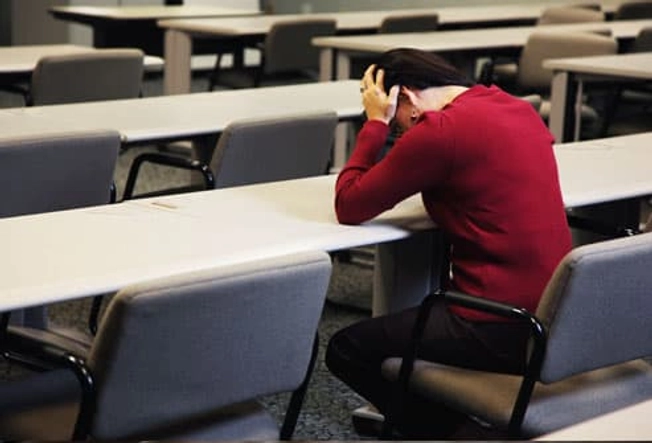
Feeling Worthless
Old feelings of self-loathing and guilt may creep back in. Or maybe you can't turn off the inner critic that wants to focus on your failures. You may feel you're to blame for events that are out of your control. Psychotherapy can help lift your low self-esteem and build up your strengths.
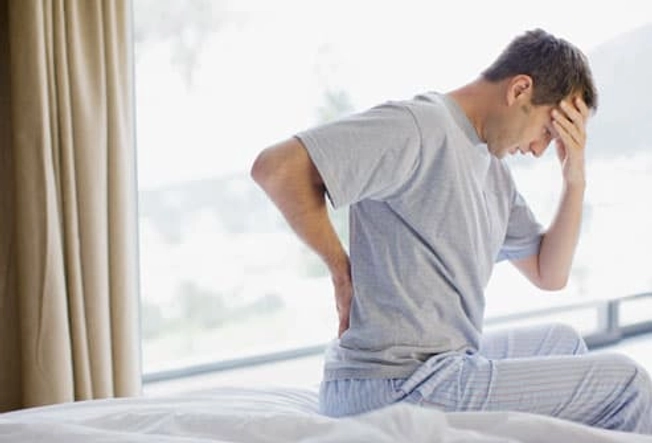
Chronic Aches and Pains
Do you have back pain even though you haven’t strained your back? Or how about chronic headaches and stomachaches? Unexplained chest pain or achy legs and arms? Depression can have physical symptoms, too. If your aches and pains don't get better with treatment, ask your doctor if depression could be to blame.

Sudden Weight Gain or Loss
Depression can change your relationship with food. You may forget it's time to eat. You might have to force yourself to have a meal. You could overeat or binge eat. If you've had depression, pay attention to strong changes in your appetite and weight.
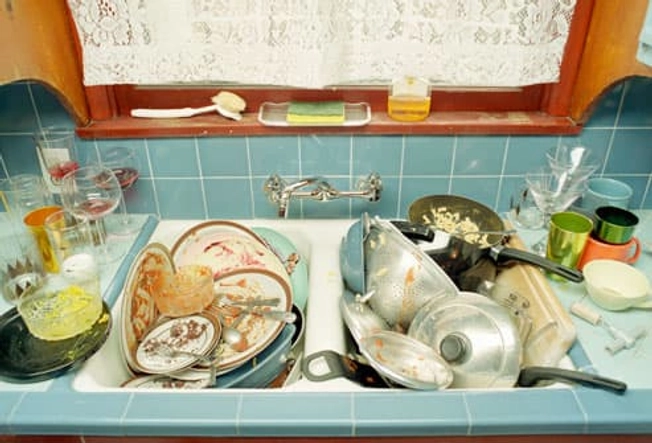
Fatigue
Do you have to drag yourself through the day? Depression can make you feel too tired or weak to wash the dishes -- or even get dressed. Not eating, or eating unhealthy food, can add to your fatigue. Good nutrition, exercise, and sleep can help you fight it.
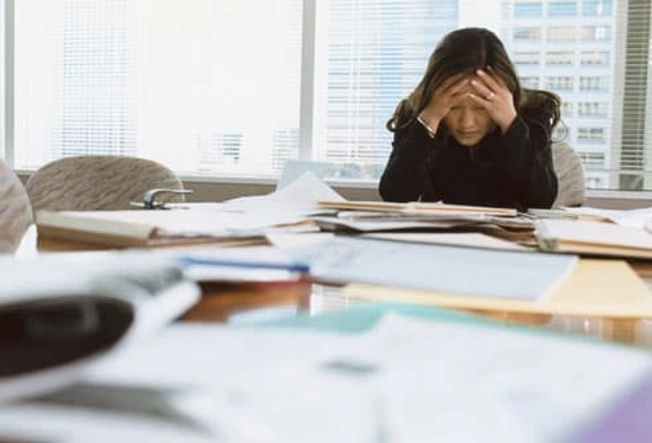
Slowed-Down Thinking
Is your brain sluggish? Do you lose focus easily? Find it hard to concentrate? Have trouble remembering things? You might have problems making decisions -- as minor as what to wear in the morning or as major as problem-solving at work.

Suicidal Thoughts
This is a serious sign. It could mean you have severe depression. Some people think about suicide often. Others plan how to harm themselves. You're more likely to reach this point if you feel hopeless and you've lost interest in the things you once enjoyed. If you or someone you know has suicidal thoughts or talks about suicide, seek immediate help from a psychiatrist or other mental health professional.
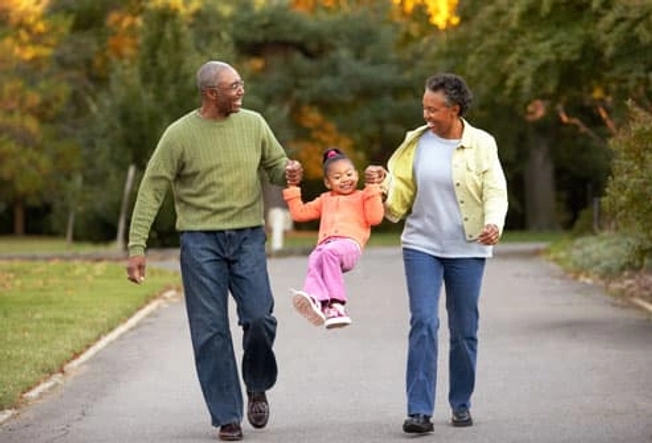
What You Can Do
No two people with depression feel the same. If you have any of these warning signs or symptoms that concern you, talk to your regular doctor or a psychiatrist. They may suggest therapy or more medication to prevent a relapse. Cut your stress and do something every day that makes you feel good. You might need long-term treatment if you've had three or more depression episodes.